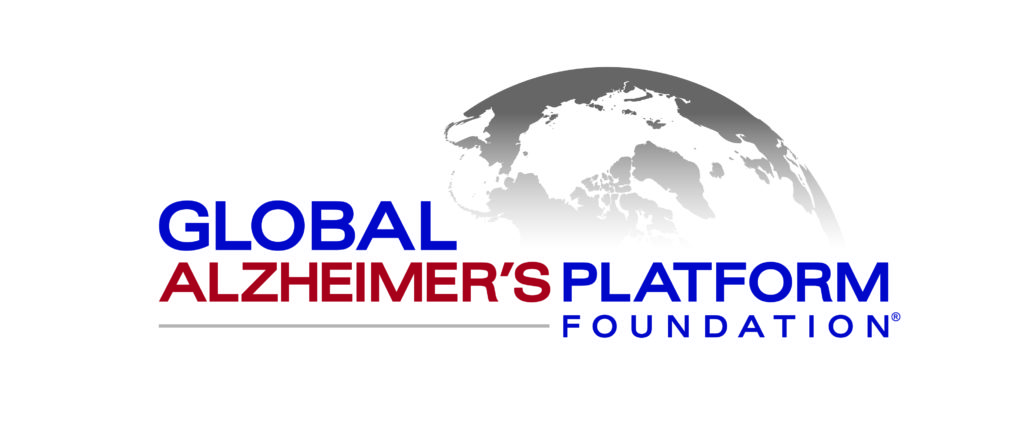GAP President John Dwyer wrote a piece in The Hill urging Congress to ensure research centers involved in Alzheimer’s clinical trials will have access to COVID-19 relief funds.
COVID-19 has had a devastating impact on clinical trials and the medical research infrastructure that scientists depend upon to develop new drugs for Alzheimer’s and all the diseases we fear most. Without action, this pandemic could delay cure or treatments for Alzheimer’s for years to come.
Congress must ensure that all research centers conducting FDA-approved therapeutic clinical trials — especially the small businesses that are the foundation of Alzheimer’s drug research — will have access to COVID-19 relief funds.
Not all research centers are the same, especially when it comes to how they are funded. Private research centers are small, local businesses. The majority rely primarily on revenue received from pharma-sponsored clinical trials. Pharma pays private research centers per clinical trial appointment, so paused or cancelled trials means significant unanticipated revenue losses.
Academic-based and institution-based research centers — associated with large teaching hospitals or private health systems — often have multiple revenue streams, including multiyear government grants, longitudinal observational studies, and in-kind support from their partner institution or school.
Both types of research centers are a critical part of drug research and face challenges from COVID-19, but only the private centers, without institutional and governmental support, face an existential threat.
This spring, the Global Alzheimer’s Platform Foundation conducted a survey of North American Alzheimer’s research centers to measure the potential impact of COVID-19 on clinical trials: 55 percent of research centers reported that they were likely to lay off staff; 21 percent reported that they were likely to close their doors. As public health experts brace for a second wave of COVID-19 this summer and in the fall, the situation could become even more dire.
Replacing every closed research center would be a years-long process to regain the clinical trial infrastructure we have now. All the while, someone in the U.S. is diagnosed with Alzheimer’s every 65 seconds and there are no treatments and no cure. Just in the last few months since clinical trials began slowing down, more than 120,000 people have been diagnosed with Alzheimer’s.
Ironically, during this time of intense strain on research centers and clinical trials, the value of medical research is front-and-center in the public conversation. Returning to normal after this pandemic depends on the rapid development of treatments and a vaccine for COVID-19 — advancements that will come from clinical trials.
If research centers are not supported through this crisis, drug innovation will suffer not just for Alzheimer’s, but for cancer, diabetes, Parkinson’s, and other diseases. Action must be taken to continue toward a cure for Alzheimer’s, and toward progress for so many other tragic illnesses.
Any good businessperson knows the importance of taking care of suppliers. Private research centers are the main supplier of Alzheimer’s clinical trial data for the pharmaceutical industry. Pharma sponsors should support their research centers during this crisis by removing barriers to quick payments, providing guidance for remote study visits, and paying for personal protective equipment at research centers that are conducting in-person visits. Some are taking these steps already, and others should follow suit.
Clinical trials are undeniably a public good. The Senate should make sure that COVID-19 relief bills allow HHS to distribute funds to any research center conducting FDA-approved clinical trials, including private sites conducting therapeutic trials.
Alzheimer’s has not stopped because of COVID-19. We must make sure the pandemic doesn’t stop medical research.
Originally posted by The Hill on July 9, 2020.
